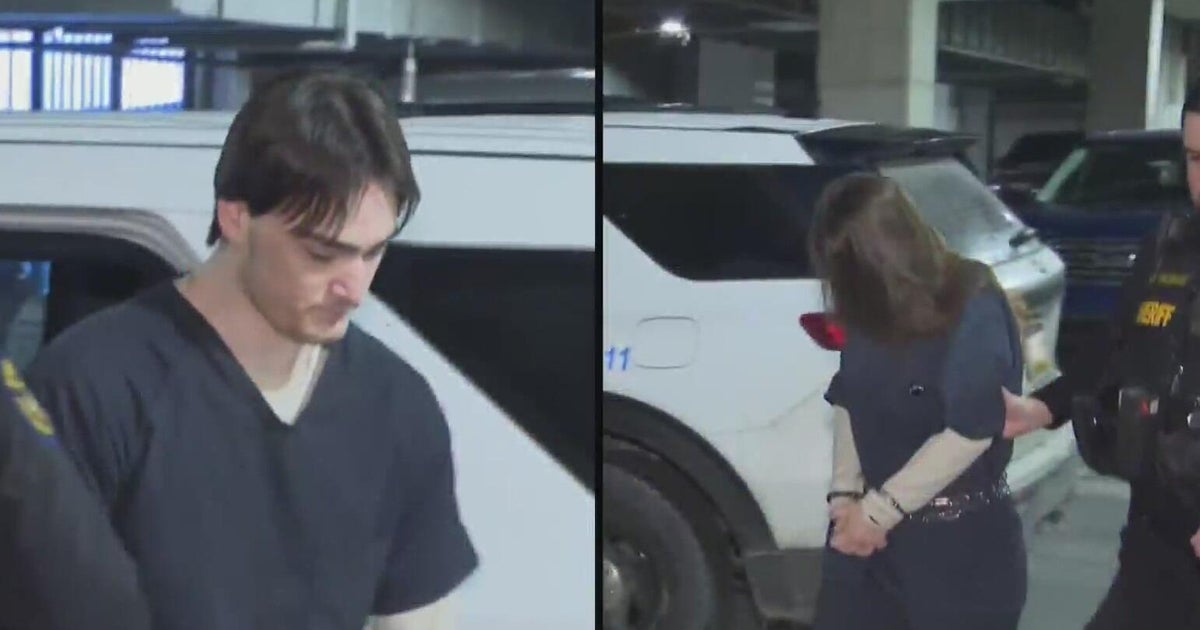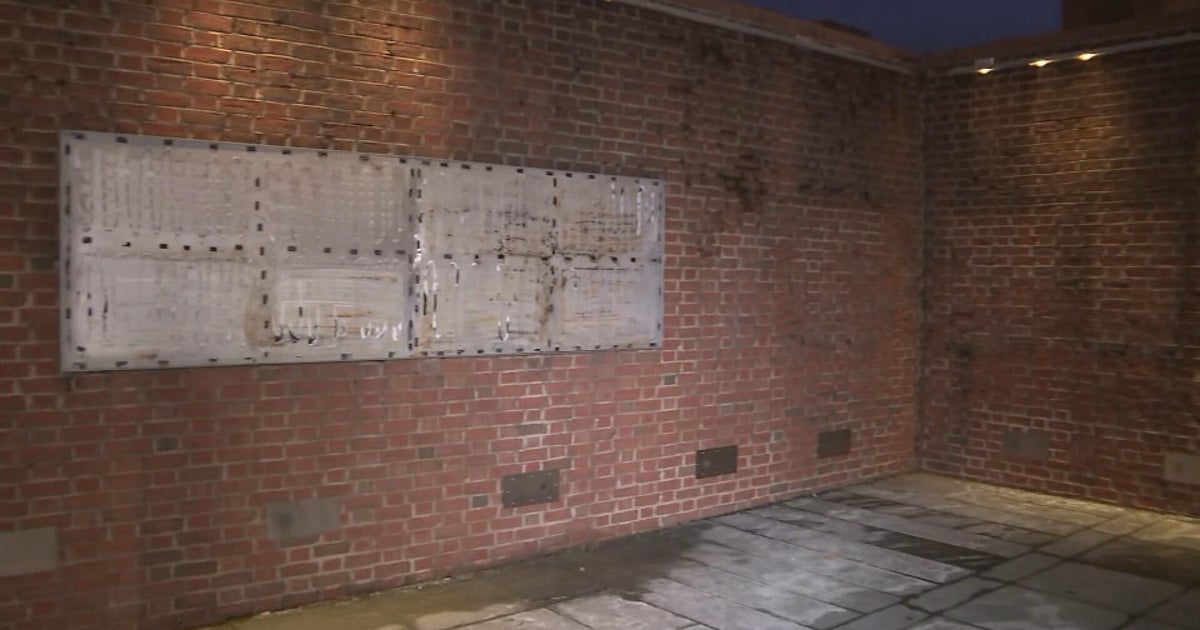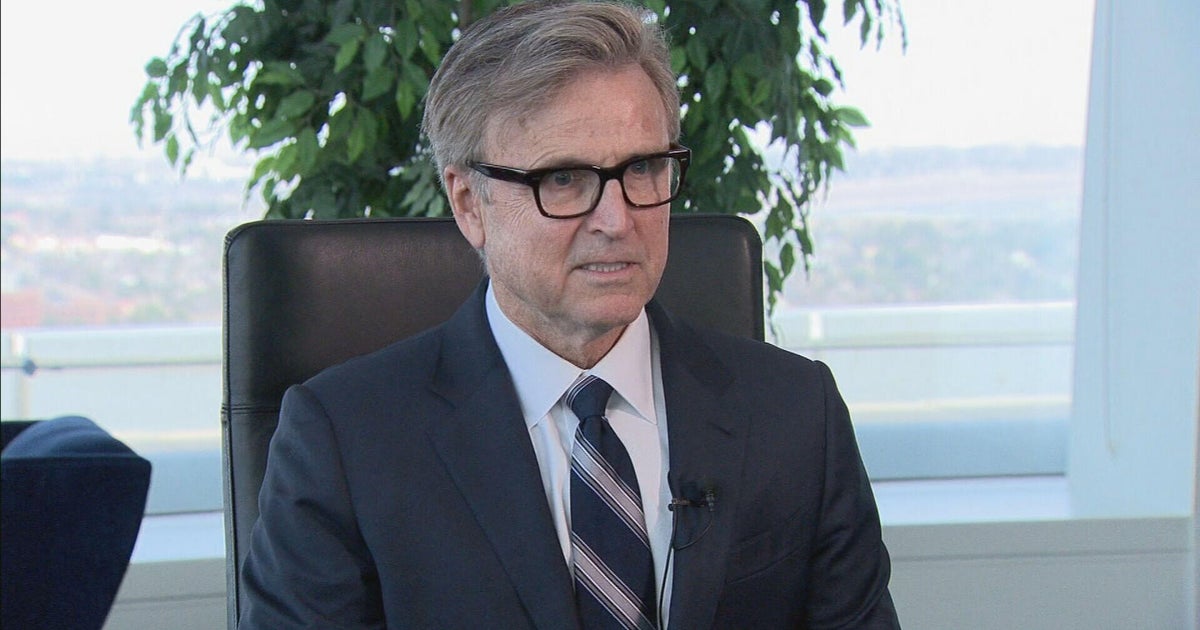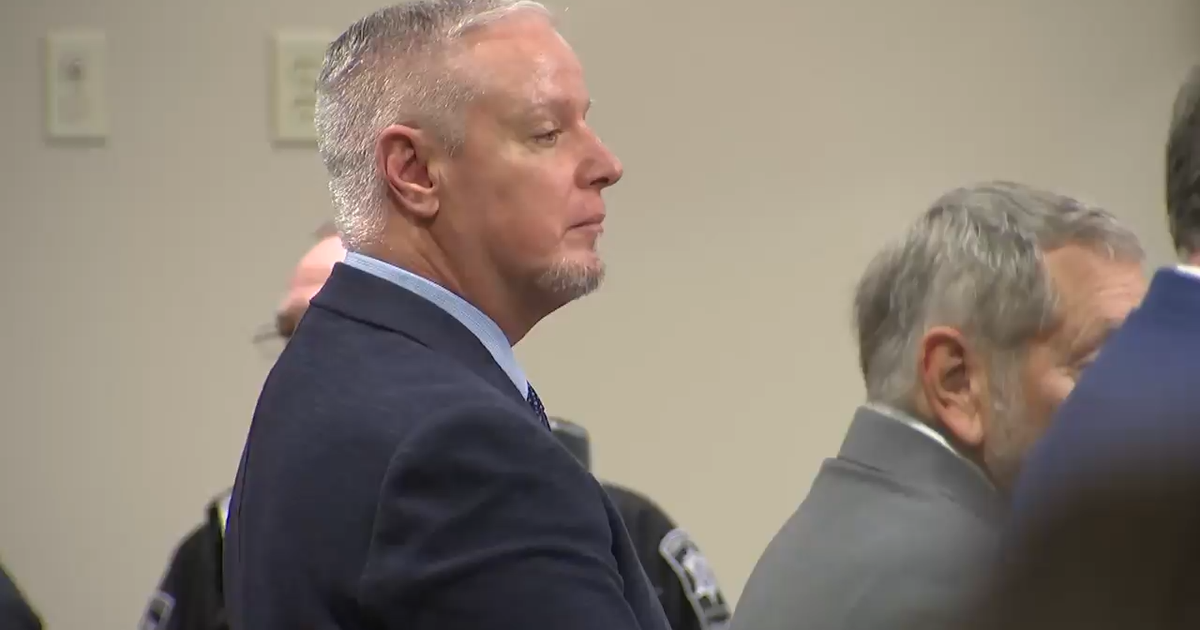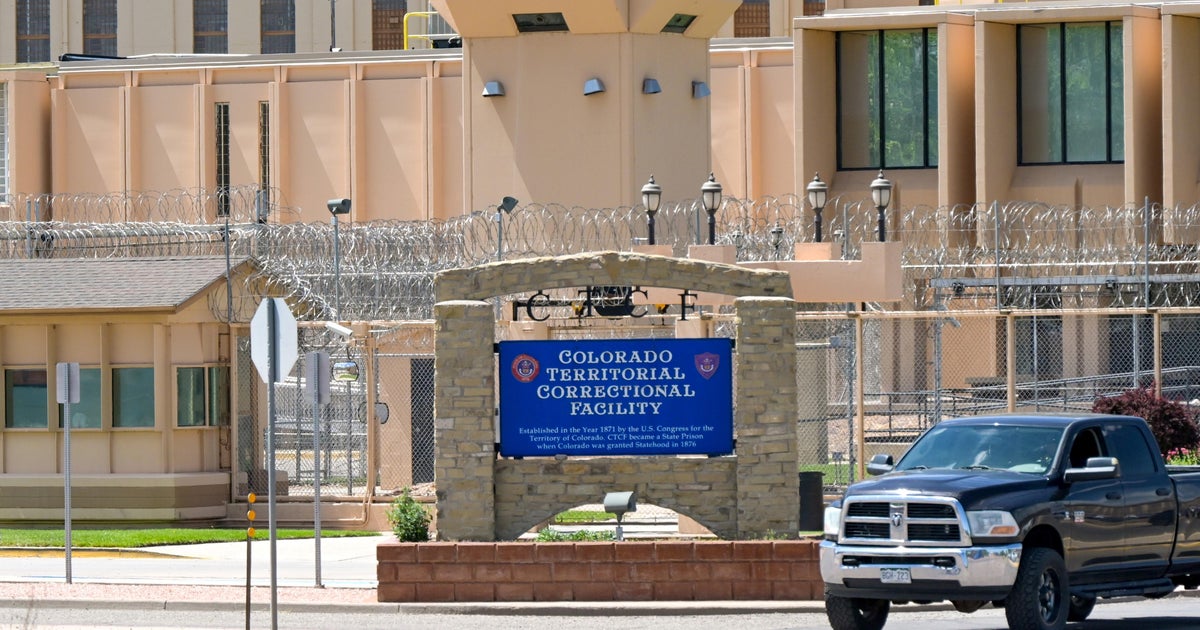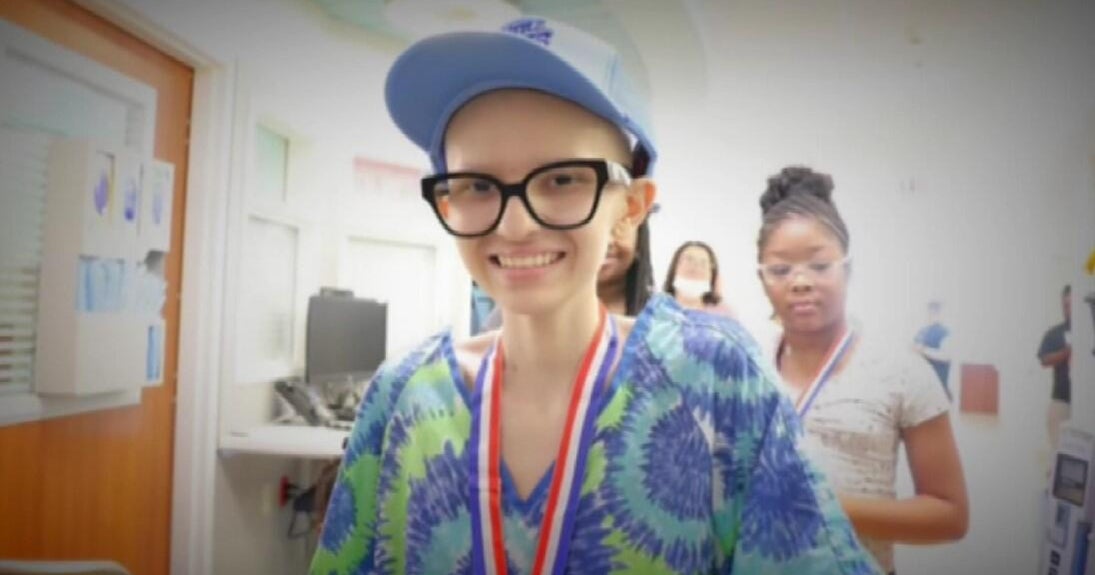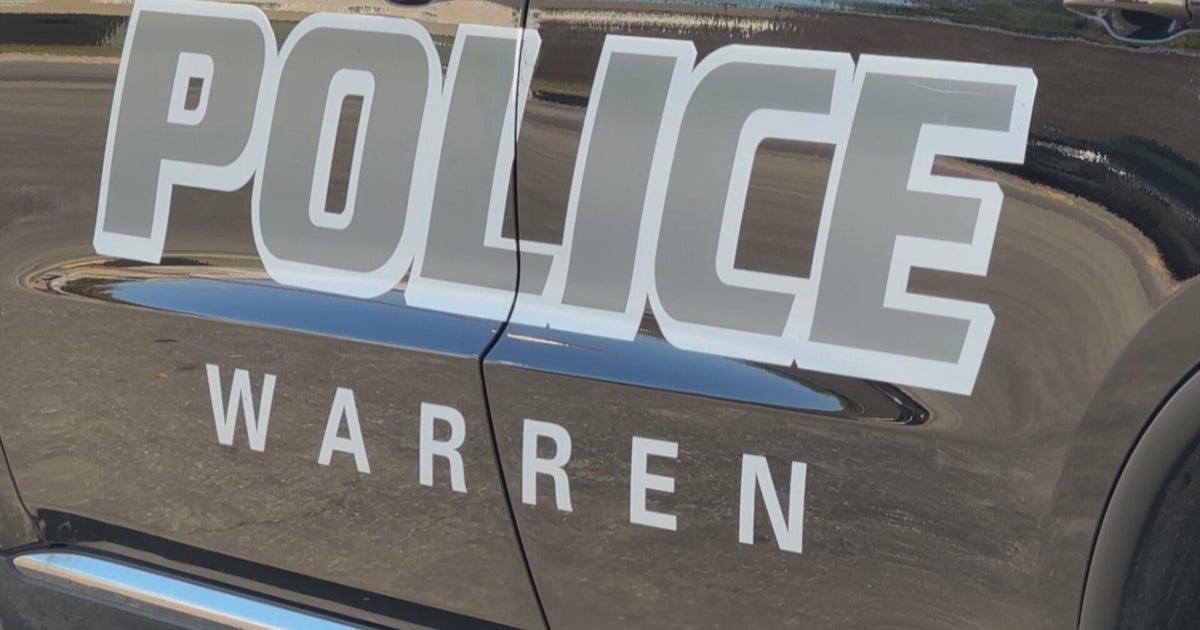At Impasse, Bill Cosby Jury Tests Patience Of Judge, Defense
NORRISTOWN, Pa. (AP) - The jury in Bill Cosby's sexual assault case tested the patience of defense lawyers and even the judge on the fifth day of deliberations Friday as it repeatedly asked to run through testimony from the TV star, his accuser and others, struggling to break a deadlock that threatens to end the trial without a verdict.
With deliberations running about as long as the testimony of all the witnesses combined, the 79-year-old TV star's lawyer complained that jurors were seeking a replay of the entire trial.
Judge Steven O'Neill twice refused defense requests for a mistrial, declaring that jurors could talk as long as they wanted over allegations that Cosby drugged and molested a woman at his suburban Philadelphia mansion in 2004.
But even the solicitous judge had his limits, putting his foot down late Friday afternoon when the jurors asked to hear a sliver of testimony they'd just had read back to them. The judge told them they had to rely on their collective memory.
As the panel deliberated charges that could send him to prison for the rest of his life, Cosby tweeted thanks to his fans and supporters.
The case has already helped demolish Cosby's image as America's Dad, cultivated during his eight-year run as Dr. Cliff Huxtable on the top-rated "The Cosby Show" in the 1980s and '90s.
Dozens of women have come forward to say he drugged and assaulted them, but this was the only case to result in criminal charges.
On Friday, the jury asked to review multiple pieces of evidence, including Cosby's 2006 deposition testimony about quaaludes, a now-banned party drug.
Cosby, who gave the deposition as part of Constand's lawsuit against him, said he got seven prescriptions for the powerful sedative in the 1970s for the purpose of giving them to women with whom he wanted to have sex.
The testimony is relevant because Cosby is charged with giving pills to Constand, a former Temple University employee, to incapacitate her before their sexual encounter. He has said it was Benadryl, a cold and allergy medicine. Prosecutors have suggested he gave her something stronger, possibly quaaludes.
The jurors also listened to the definition of reasonable doubt, the threshold that prosecutors must cross to win a conviction, and reviewed testimony from Constand and her mother about phone conversations they had with Cosby after the encounter. According to the testimony, Cosby called himself a "sick man" but refused to identify the pills he gave to Constand.
Cosby's lawyer, Brian McMonagle, has said Cosby and Constand were lovers sharing a consensual moment of intimacy.
McMonagle objected in court to the panel's repeated requests to review testimony, saying it suggested some jurors were trying to coerce other jurors in an attempt to bring an end to the deadlock.
"They were here!" said McMonagle, exasperated.
The judge said he saw no evidence of coercion or trouble in the deliberating room after the jurors reported their impasse on Thursday and he instructed them to keep trying for a verdict.
"There's a misperception that there's a time limit," the judge said.
The panel got the case on Monday. It must come to a unanimous decision to convict or acquit.
If the panel can't break the deadlock, the judge could declare a hung jury and a mistrial. In that case, prosecutors would get four months to decide whether they want to retry Cosby or drop the charges.
The Associated Press does not typically identify people who say they are victims of sexual assault unless they grant permission, which Constand has done.
